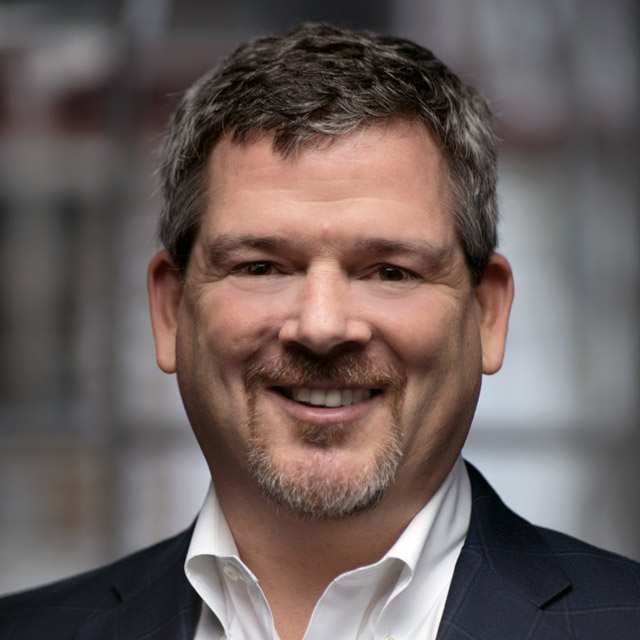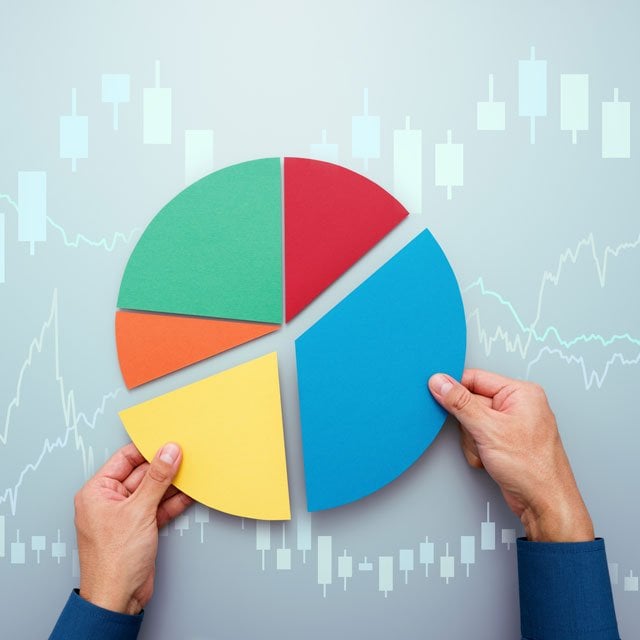Falcon
NOT FOR REPRINT
Jeffrey Gundlach on Biden, Markets and Leaving California
By
Janet Levaux
Slideshow December 09, 2020 at 02:39 PM
Share & Print
Related: 9 Reasons Gary Shilling Is Bearish on U.S. Stocks, Economy
DoubleLine Capital CEO and Chief Investment Officer Jeffrey Gundlach said Tuesday that while inflation likely will remain low in the near future, it could rise to 2.25% to 2.4% next year. During a webcast, Gundlach spoke about the currently high level of U.S. public debt, which recently hit $27 trillion, saying "there is no end in sight." As for the Federal Reserve's easy monetary policy, he doesn't believe it's feeding inflation, since "they're not truly printing money" but instead are lending it. As a result of this, as well as other policies and factors, existing home sales have gone from one of the lowest readings in the past 20 years to one of the highest, Gundlach explained. "There seems to be no end in sight" for this trend. In terms of specific investments, Gundlach said a call he's had lots of conviction on this year is that the dollar is going down. While the U.S. dollar was worth 0.90 euros on Jan. 31, it was at 0.83 euros on Wednesday. Turning to Bitcoin, Gundlach explained that while he's not for or against the cryptocurrency, he's been bullish on its direction. "Just look at it as a fascinating representation of animal spirits and speculation," he cautioned. The DoubleLine executive also said the underperformance of small-caps might be coming to end, given the recent move in the Russell 2000 relative to the S&P 500 — which has been "pretty powerful already." Looking at the copper-gold ratio, Gundlach said it suggests that 10-year Treasury yields should be higher, adding "fundamentals do not support today's Treasury levels." Also, "copper has been on a tear," he noted, in contrast to gold's weakening performance. The talk was followed by a Q&A session in which Gundlach expounded on Janet Yellen's nomination as U.S. Treasury secretary, his asset allocation and more. Click through the slideshow above for highlights of the exchange. --- Related on ThinkAdvisor:NOT FOR REPRINT
© Touchpoint Markets, All Rights Reserved. Request academic re-use from www.copyright.com. All other uses, submit a request to [email protected]. For more inforrmation visit Asset & Logo Licensing.
Featured Resources
View All
Sponsored by Axos Advisor Services
Integrated Banking Solutions: How To Enhance Client Services and Grow Your Business

Sponsored by Optifino
Three Macro Trends Impacting Long-Term Care: Trends, Solutions & Client Conversations

Sponsored by Vanilla
The Missing Piece: Why Advisors Who Skip Estate Planning are Failing Their Clients








